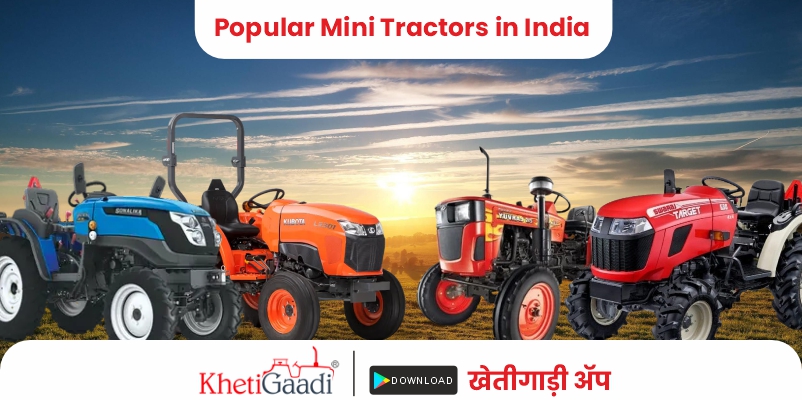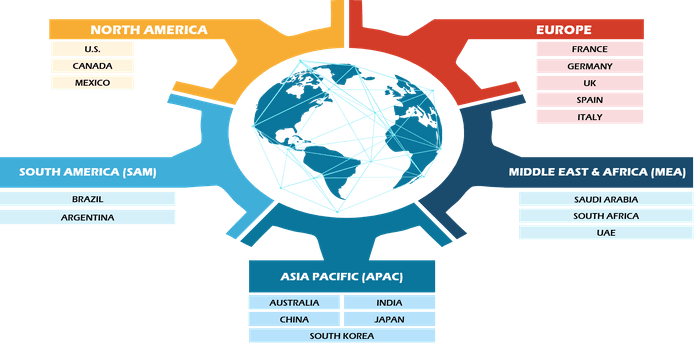What Is The Cost Of Sewage Treatment Plant? How It Is Different From Effluent Treatment Plant ?
Sewage Treatment Plants are very efficient and cost-effective. The manufacturer of STP plants, Nestsol Water, is situated in Noida, Delhi-National Capital Region, India.
All of our STP plant structures and performance have received praise from our clients for their compact design, user-friendliness, durability, low maintenance requirements, resistance to corrosion, and longer service lives.
Cost of Sewage Treatment Plant
For sewage generation between 2000 and 1000000 liters per day or 2 KLD to 1 MLD, the typical cost range is between 4 lakh and 80 lakh or in crore, depending on the plant size, capacity, and technology and the cost can vary as per the customization and the needs of the customer.
Key characteristics of the Good:
• No operator is necessary
• complies with all legal standards
• For horticulture, treated water can be utilized again.
• It is possible to install modern packaged STP underground.
• The energy efficiency of modern STP can save up to 75% of power.
• No need for sand and charcoal filters
How does sewage treatment plant different from effluent treatment plant?
What is sewage treatment plant?
The process of purging impurities from sewage and household sewage, including domestic and runoff sewage, is known as sewage treatment. To remove physical, chemical, and biological impurities, it uses a variety of physical, chemical, and biological processes.
Its goal is to create a waste stream (or treated effluent) and solid waste (or sludge) that can be released into the environment or used again. This material frequently unintentionally contains harmful organic and inorganic chemicals.
What is an effluent treatment plant?
Leading pharmaceutical and chemical businesses to cleanse water and remove any harmful and non-toxic contaminants or compounds from it using Effluent Treatment Plants (ETPs). All businesses employ these plants to safeguard the environment.
An ETP is a facility where wastewater and industrial effluents are treated. The pharmaceutical industry, for instance, uses ETP plants extensively to eliminate effluents from bulk pharmaceuticals.
An ETP is a facility where wastewater and industrial effluents are treated. The pharmaceutical industry, for instance, uses ETP plants extensively to eliminate effluents from bulk pharmaceuticals. In order to avoid polluting the receiving water, effluents must be treated. The effluent water treatment plants were put in place to lessen the likelihood of pollution; if biodegradable organics were not removed, the levels of contamination during the purification process might harm the bacterial treatment beds and pollute the controlled waters.
What do we offer?
For industrial sewage, Netsol Water Solutions offers a complete spectrum of wastewater treatment products and sewage treatment products/plants. Our engineers would gladly collaborate with your team to create the right design that meets your budget and objectives. Screw pumps, screens, trash rakes, clarifying and filtration, and biological treatment are among the equipment we have.
We are a vibrant, business-focused corporation that ranks among the top providers of a broad range of sewage treatment equipment. We employ the best raw materials and replacement parts available to ensure that our product line is defect-free. Additionally, we guarantee that the shipments arrive at the clients' locations within the predetermined window of time.
For more information contact the water treatment experts at Netsol Water Solutions.
Contact no. +91 9650608473
E-mail – enquiry@netsolwater.com
Visit the link for more information:
https://www.urbanstpplant.com/sewage-treatment-plant-manufacturer/
What Is The Cost Of Sewage Treatment Plant? How It Is Different From Effluent Treatment Plant ?
Sewage Treatment Plants are very efficient and cost-effective. The manufacturer of STP plants, Nestsol Water, is situated in Noida, Delhi-National Capital Region, India.
All of our STP plant structures and performance have received praise from our clients for their compact design, user-friendliness, durability, low maintenance requirements, resistance to corrosion, and longer service lives.
Cost of Sewage Treatment Plant
For sewage generation between 2000 and 1000000 liters per day or 2 KLD to 1 MLD, the typical cost range is between 4 lakh and 80 lakh or in crore, depending on the plant size, capacity, and technology and the cost can vary as per the customization and the needs of the customer.
Key characteristics of the Good:
• No operator is necessary
• complies with all legal standards
• For horticulture, treated water can be utilized again.
• It is possible to install modern packaged STP underground.
• The energy efficiency of modern STP can save up to 75% of power.
• No need for sand and charcoal filters
How does sewage treatment plant different from effluent treatment plant?
What is sewage treatment plant?
The process of purging impurities from sewage and household sewage, including domestic and runoff sewage, is known as sewage treatment. To remove physical, chemical, and biological impurities, it uses a variety of physical, chemical, and biological processes.
Its goal is to create a waste stream (or treated effluent) and solid waste (or sludge) that can be released into the environment or used again. This material frequently unintentionally contains harmful organic and inorganic chemicals.
What is an effluent treatment plant?
Leading pharmaceutical and chemical businesses to cleanse water and remove any harmful and non-toxic contaminants or compounds from it using Effluent Treatment Plants (ETPs). All businesses employ these plants to safeguard the environment.
An ETP is a facility where wastewater and industrial effluents are treated. The pharmaceutical industry, for instance, uses ETP plants extensively to eliminate effluents from bulk pharmaceuticals.
An ETP is a facility where wastewater and industrial effluents are treated. The pharmaceutical industry, for instance, uses ETP plants extensively to eliminate effluents from bulk pharmaceuticals. In order to avoid polluting the receiving water, effluents must be treated. The effluent water treatment plants were put in place to lessen the likelihood of pollution; if biodegradable organics were not removed, the levels of contamination during the purification process might harm the bacterial treatment beds and pollute the controlled waters.
What do we offer?
For industrial sewage, Netsol Water Solutions offers a complete spectrum of wastewater treatment products and sewage treatment products/plants. Our engineers would gladly collaborate with your team to create the right design that meets your budget and objectives. Screw pumps, screens, trash rakes, clarifying and filtration, and biological treatment are among the equipment we have.
We are a vibrant, business-focused corporation that ranks among the top providers of a broad range of sewage treatment equipment. We employ the best raw materials and replacement parts available to ensure that our product line is defect-free. Additionally, we guarantee that the shipments arrive at the clients' locations within the predetermined window of time.
For more information contact the water treatment experts at Netsol Water Solutions.
Contact no. +91 9650608473
E-mail – enquiry@netsolwater.com
Visit the link for more information: https://www.urbanstpplant.com/sewage-treatment-plant-manufacturer/












